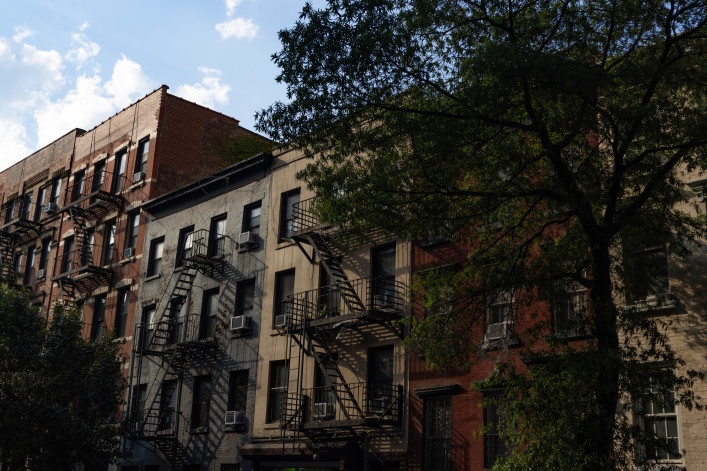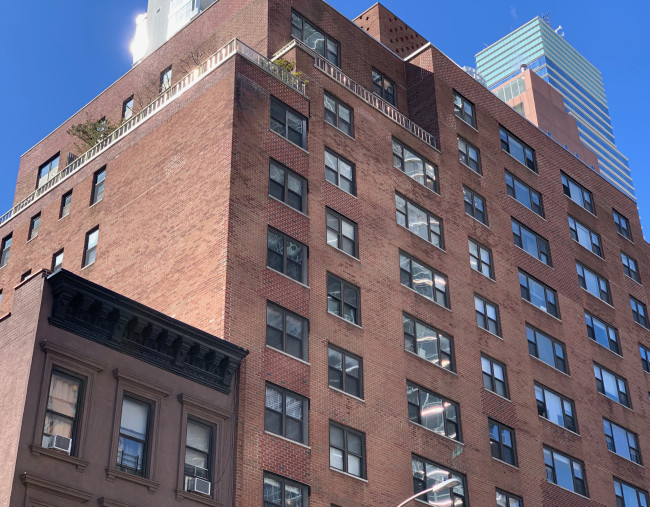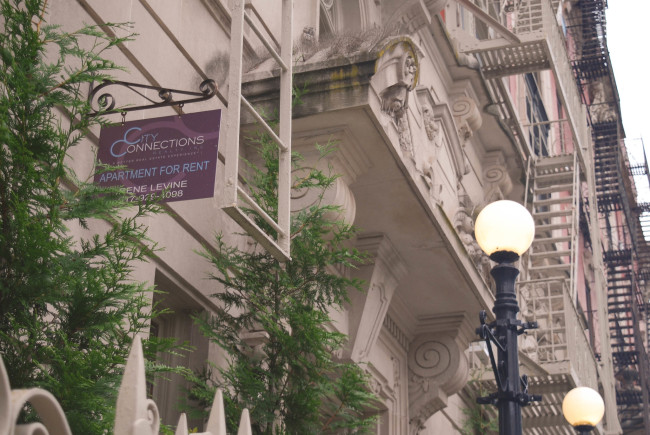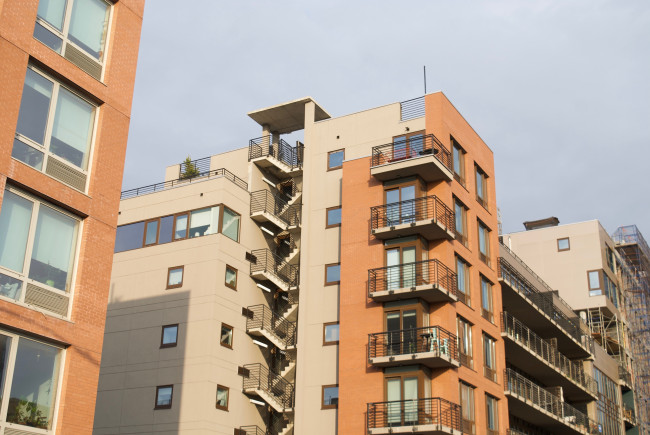Forget what you’ve heard: You don’t have to pay a ‘good faith’ deposit for a rental
- Brokers are prohibited from requiring a deposit to hold a unit for you, state regulators say
- Be aware that some agents ignore the law and ask for a ‘good faith’ deposit anyway

It's not a gray area: the New York Department of State says so-called good faith deposits to hold a rental are not permitted.
iStock
If you are looking to rent in New York City, you might come across an agent asking for something known as a good faith deposit—usually a fee of $500 or so to hold an apartment while your application is being processed. But according to state regulators, that request violates the law.
Brokers aren’t allowed to demand money to reserve an apartment while they review your application, confirmed the New York Department of State, which regulates real estate agents in New York state. Generally, you shouldn’t pay more than a $20-per-person application fee before you sign your lease, unless you’re renting in a condo or co-op.
“A broker is not permitted to demand/retain a deposit to ‘hold’ a property while an application is being reviewed,” wrote Mercedes Padilla, public information officer at the Department of State, in an email to Brick Underground. “As to fair-market rental units, not subject to specific prohibitions, the only funds/deposits a broker can collect before a lease is signed, is the background check fee which may not exceed $20.”
State law, amended by sweeping rent reforms in 2019, prohibits a “landlord, lessor, sub-lessor or grantor” from demanding “any other payment, fee or charge before or at the beginning of the tenancy, except background checks and credit checks.” (That law, however, does not apply to condos and co-ops, which can charge additional fees to process and review applications).
When you do sign a lease, you should expect to pay a security deposit, first month’s rent, and potentially a broker fee. But a broker cannot ask for money to reserve an apartment, even if that money is refundable, or applied to your security deposit, said a spokesperson for the Real Estate Board of New York.
“A licensed real estate salesperson may not, on behalf of an owner, collect a payment from prospective tenants in order to reserve or ‘hold’ apartments (regardless of whether such payment is refundable or non-refundable),” wrote REBNY’s broker counsel Neil Garfinkel, in an answer to a broker’s question in REBNY’s newsletter in February 2020.
‘Less common’ than it used to be
It’s rarer these days to be asked by an agent to pay a good faith deposit, thanks to the 2019 Housing Stability and Tenant Protection Act (HSTPA), landmark rent reform legislation that capped application fees and the money a broker or landlord could collect when you sign your lease, said Douglas Wagner, director of brokerage services at BOND New York.
The HSTPA “created a shadow over the whole good faith deposit process, and brokers and some landlords stopped taking good faith deposits at the time,” Wagner said.
To most brokers and landlords, it’s clear that collecting good faith deposits is illegal, said Niko Gavrieli, a rental manager and licensed real estate agent at Elegran Forbes Global Properties. But some small landlords might not be aware of the law—five years after it passed—and renters might be willing to pay to land an apartment in a competitive market.
“We do not collect good faith deposits, period,” Gavrieli said. “But eager renters—afraid to lose an apartment—in some cases they don’t care whether it’s legal or not. They just want to move forward in the process and win the apartment.”
You might still be asked to pay
That was true of one Brooklyn renter, who was asked by a broker to submit a $500 good faith deposit in September 2023 to put an apartment “on hold” while processing applications for her and her roommate. The fee did “seem sketchy” at the time, but she said she wanted to secure the place.
“If they say jump, I don’t necessarily say ‘how high’ but if I don’t jump I don’t get to live there and I need a place to live,” said the renter, who asked to remain anonymous. “If someone tells you that’s the application process it would never occur to me to say ‘no it’s not.’
“Refusing didn’t feel like an option,” she added.
But refusing is always an option, if you’re willing to walk away from the apartment. You can also report a broker to the Department of State’s Division of Licensing Services, though it’s unclear whether renters commonly complain about good faith deposits. (The DOS does not keep data on good faith deposit complaints, Padilla wrote in an email.)
If you do decide to pay the fee, you should take some precautions. Both Wagner and Gavrieli recommended getting your agent or landlord to sign a deposit agreement, outlining “the terms under which the deposit will be used and how the money will be given back if the deal doesn’t close for any reason,” Wagner said. Otherwise, you risk losing your cash.




























